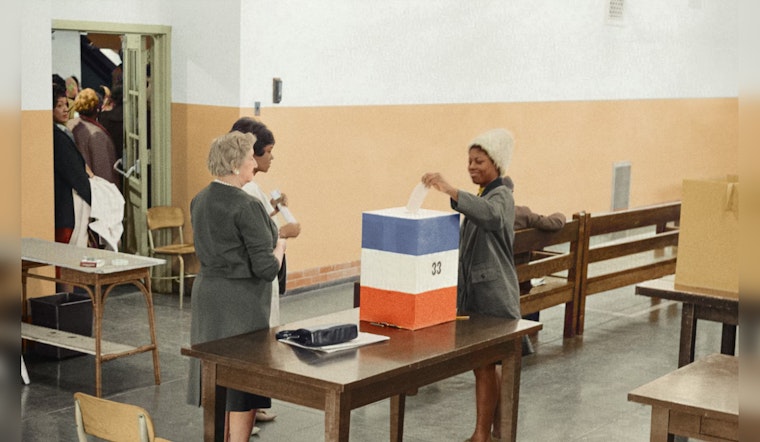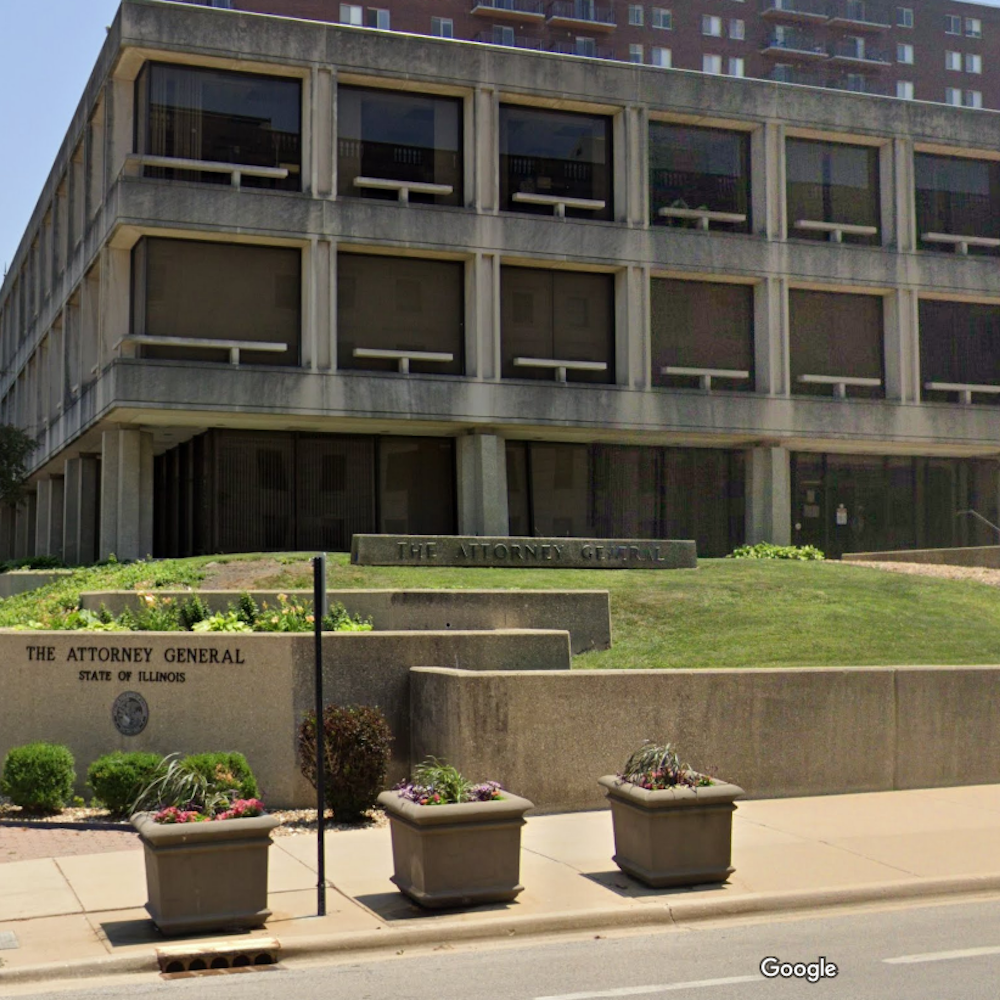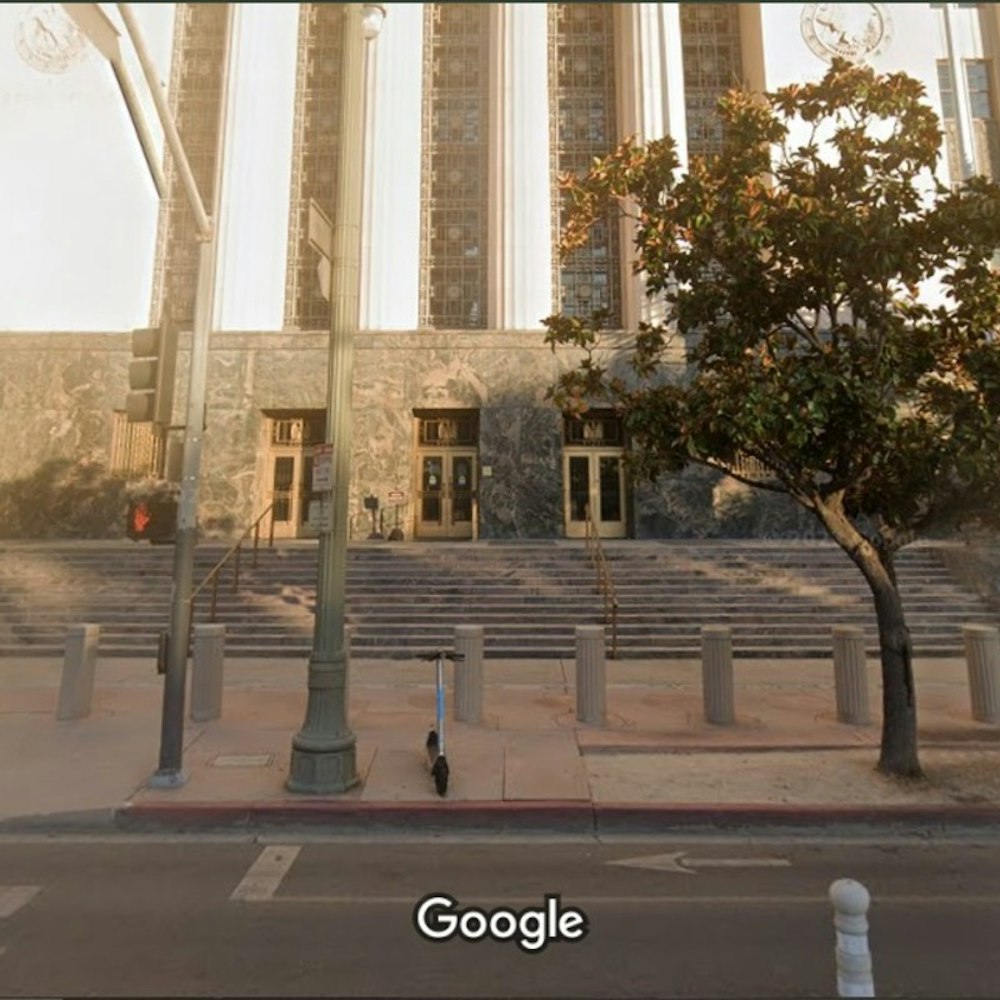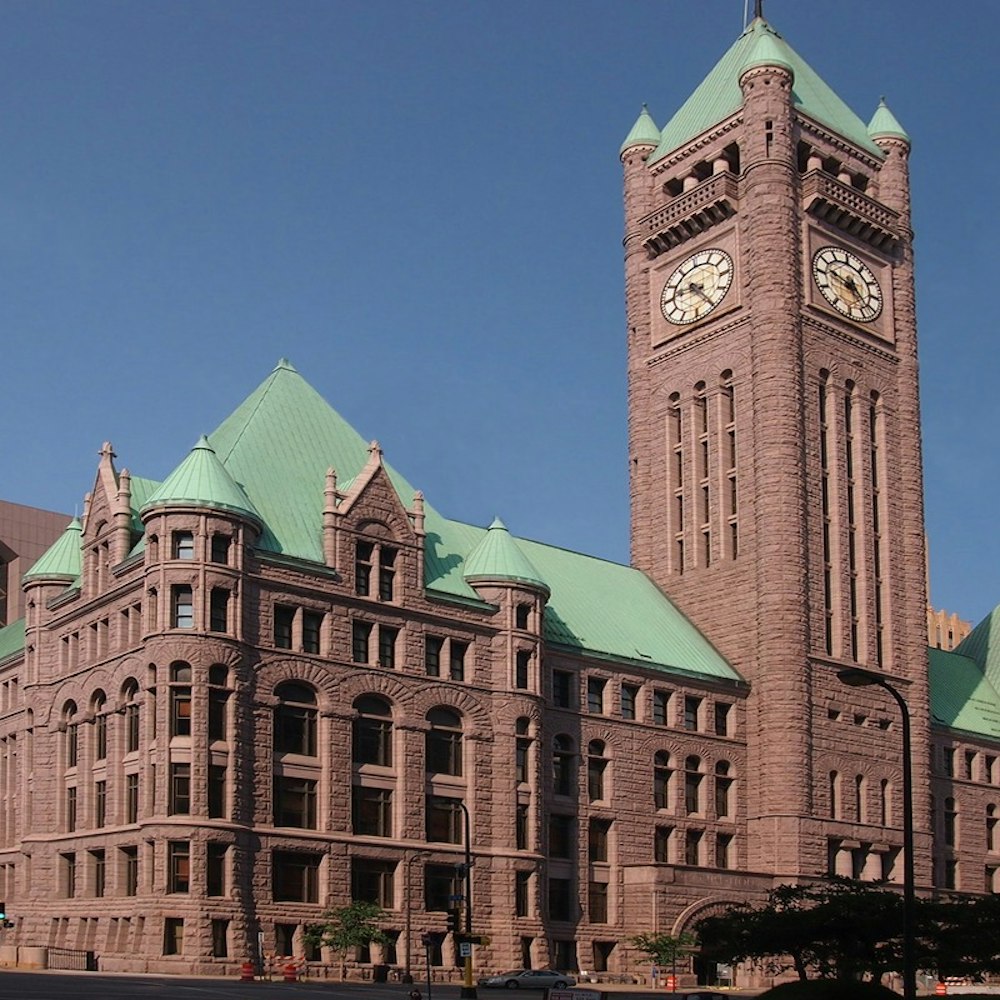
As the November presidential election nears, questions loom large about President Joe Biden's grip on a demographic that was instrumental in his 2020 victory: Black voters. The financial strain felt by many in the Black community is causing some, like Cleveland caregiver and driver Jennifer Garner, to reassess their support. "I have to work two jobs overtime just to even try to cover my rent," Garner told the Georgia Recorder. She, along with other Black voters, finds themselves squeezed by economic pressures despite the Biden administration's efforts to point out accomplishments like student debt cancellation for millions.
Garner, who earned roughly $800 working extra hours, is just one voice in a choir expressing skepticism about the economic policies under Biden's leadership. Piled with $56,000 in student loans and a $1,300 monthly rent, her budget tells a different story than the one echoed by key economic indicators of a stable labor market. Garner has ruled out voting for former President Donald Trump but is also investigating alternative candidates. The Biden campaign, seeking to assuage these financial concerns, is investing heavily in radio ads highlighting its actions, according to the same Georgia Recorder report.
The sentiment of waning enthusiasm isn't isolated to individuals like Garner. A January NBC News poll showed a drop in declared support among Black voters for Biden: 75% in 2024 compared to an overwhelming 92% in the 2020 elections. These figures come despite the administration's recent initiatives, such as the proposed student debt relief announcement on Monday, which could see an accrual of interest canceled for millions of borrowers, as per details from the Biden administration.
In Hattiesburg, Mississippi, customer service representative Audrianna Lewis, grappling with the rising costs of living, speaks to the frustrations many like her face. Making $17.78 an hour, she not only has to budget for increased rent, but also her healthcare expenses due to asthma. "Some of my coworkers are homeless," Lewis said in a Georgia Recorder interview. Her situation mirrors that of her peers, revealing the everyday difficulties experienced even with employment.
The struggle isn't just in housing and healthcare but also in debt. Sarah Wallace, a Philadephian on Social Security Disability Insurance, laments spending most of her budget on rent, leaving little for other essentials like healthy food. With more than $200,000 in student debt, Wallace is considering voting for a third-party candidate this election. "I think Biden sold all of us on his dream to get into the office … And that was that," she told the Georgia Recorder.
The economic narrative for Black voters is complex, marked by historical wage growth yet contradicted by day-to-day struggles. While the National Coalition on Black Civic Participation acknowledges the record-low unemployment rates for Black Americans in the past year, President Melanie Campbell stresses that these figures don't paint a complete picture. The lived reality, as voters juggle multiple jobs to survive, suggests a disconnect between data and personal financial experiences.









-1.webp?w=1000&h=1000&fit=crop&crop:edges)